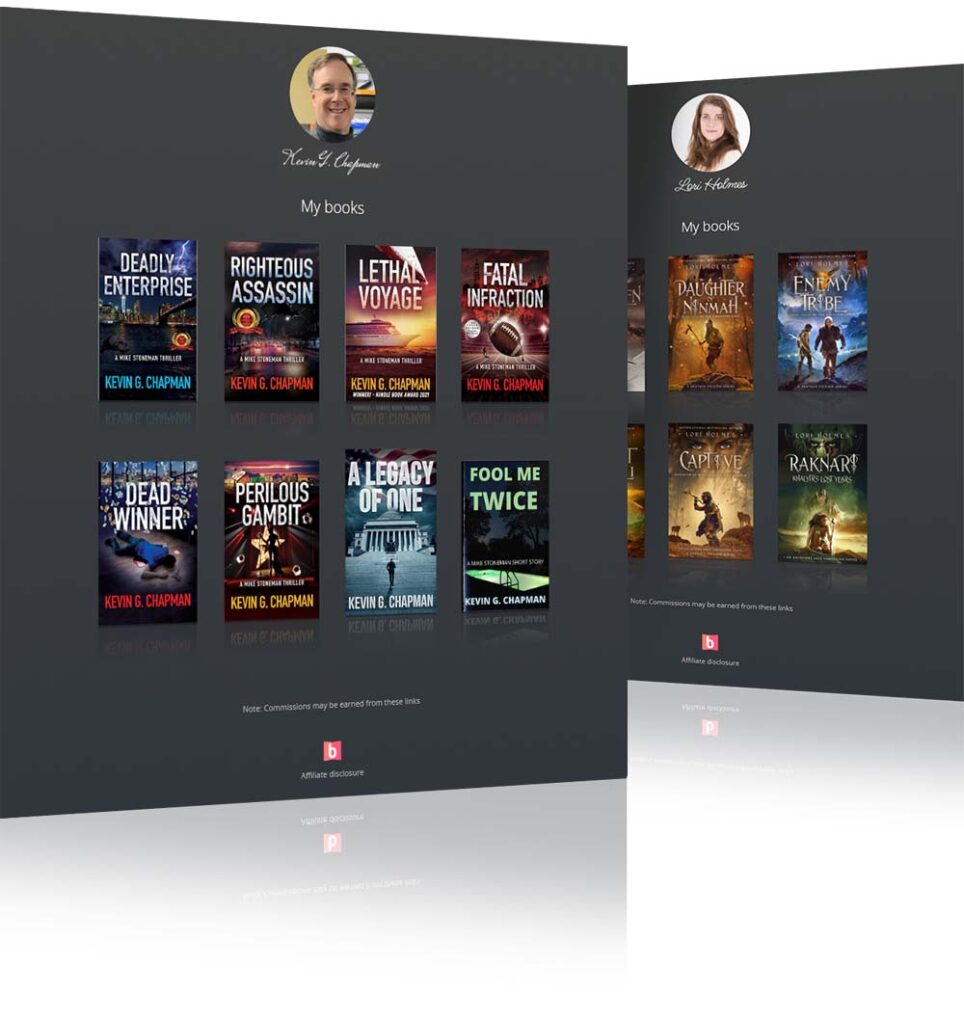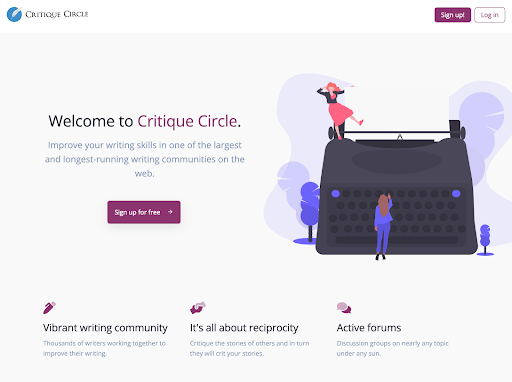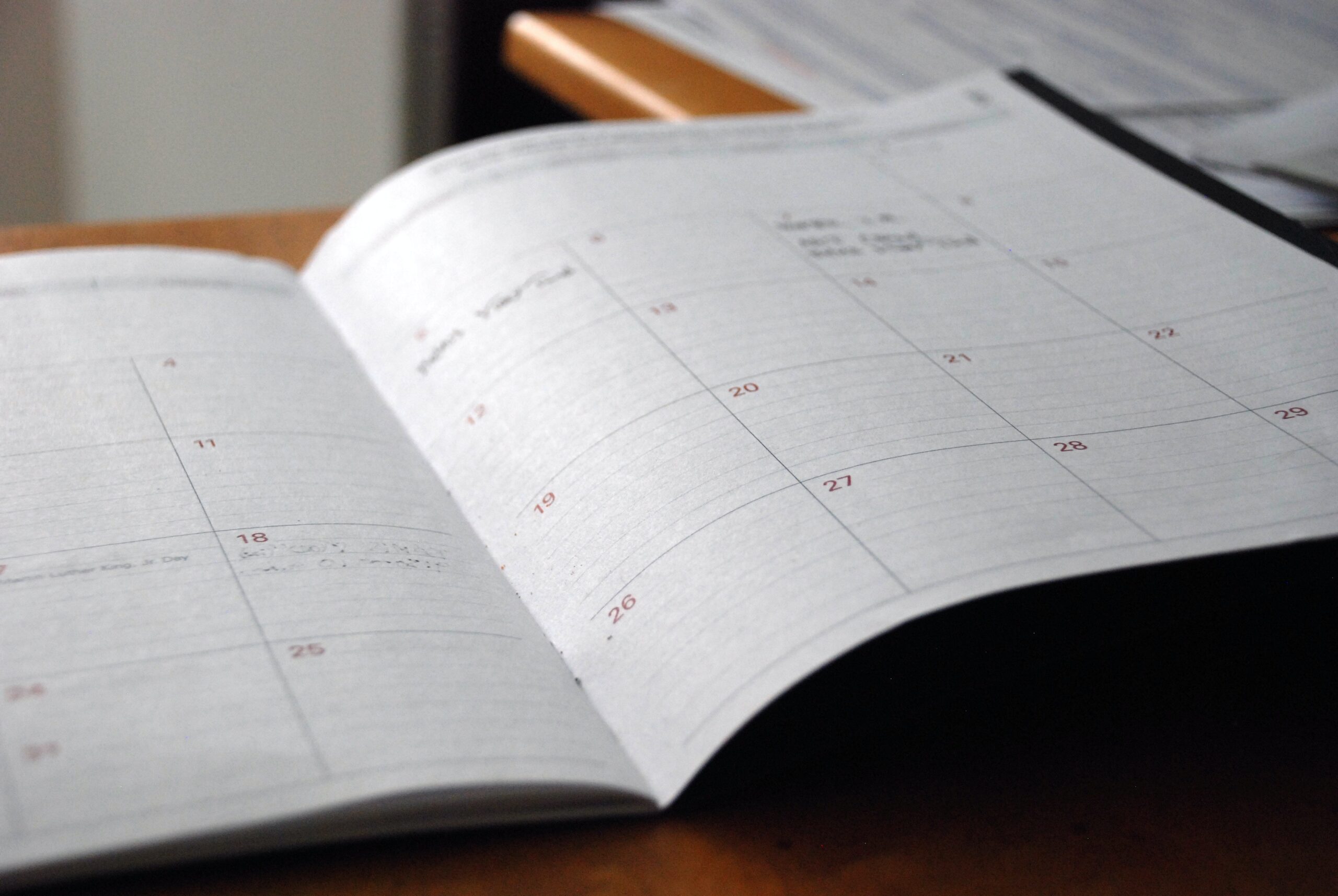
What is Writer's Block?
Writer’s block is a common issue that occurs when a writer experiences a temporary decrease in productivity.
Writer’s block is a state of mental or creative stagnation that can affect anyone involved in writing, such as authors, poets, screenwriters, journalists, and even students working on assignments or essays.

Key Takeaways
- Understanding Writer’s Block:Writer’s block is a mental impasse where writers experience a significant drop in productivity, affecting various types of writers from authors to students.
- Common Causes of Writer’s Block:The main triggers for writer’s block include fear of failure, perfectionism, lack of inspiration, and external pressures leading to stress or burnout.
- Strategies to Overcome Writer’s Block:Effective strategies to break through writer’s block include changing the workspace, employing time management techniques, and utilizing structured writing prompts and outlines to streamline the writing process

Free Universal Book Links
- Boost international sales by geotargeting readers
- Book store links update automatically based on availability
- Advanced marketing analytics
- Increase clicks with trusted links
What Causes of Writer's Block?

The root cause of writer’s block varies from person to person, but here are some common causes.
Fear of Failure
Authors may encounter writer’s block when they feel that all of their work will be for nothing. They fear that their book or article or poem won’t sell and that others may view them as a failure.
Perfectionism
Putting out a piece of writing that may have a mistake or isn’t very good, can cause some writers to freeze. Especially as the project gets close to being finished. The idea that it might not be perfect stops any creative ideas from happening.
Lack of Inspiration
Authors may lack motivation or feel uninspired so they keep putting off writing. The longer this goes on, the harder it is to actually get any writing accomplished.
Pressure and Stress
Elevated levels of stress or pressure, whether it be from their personal life or their writing commitments, where there are added stressors, it can be challenging to sit down and be creative.
Burnout
Authors who put too much work on their plate, with lots of different writing projects, can begin to feel burnout. This can inhibit creativity.

Introducing:
Booklinker Collections
One landing page for all your books. 100% free.
One link for easy sharing of your books across your backmatter, websites, emails, and social media.
Tips to Solve Writer's Block
Don’t worry if you’re annoyed by the infamous writer’s block that prevents your creative thoughts from flowing.
We’ve got your back!
Here are some helpful ideas to assist you in overcoming this obstacle and rekindle your creativity.
1. Change Your Workspace

As a writer, you most likely spend every single day at the same desk, whether it be on a computer or pen and paper, writing away.
This work routine can get old very quickly. To combat this and push past your writer’s block, consider working in a new room in your house, or an entirely different location such as a coffee shop or coworking space.
If you’re set on staying put, consider treating your workspace to something new, such as a new computer, keyboard, chair, or rearrange the space!
2. Try Time Management Techniques
The two most popular tactics for time management are the Pomodoro Technique and Calendar Boxing.
Pomodoro Technique – Create your workday calendar with exact tasks and the estimated time that it will take you to complete them. Going into a task with intent and expected completion time, leaves you no room to “figure out” what to work on next.
Calendar Boxing – The next technique we’ll speak about is the calendar boxing technique, where you present your workday’s calendar with exact tasks and the estimated time that it will take you to complete them. Going into a task with intent and expected completion time, leaves you no room to “figure out” what to work on.
3. Plan a Time and Make a Habit
Similar to the calendar boxing technique, this trick involves setting a set schedule to sit down and write. This makes more sense for part-time writers, who have to squeeze in work sessions in their busy day.
Clearly marking your calendar with days and times you will sit down to write, can help you stay on track.
4. Give Yourself a Set Writing Prompt
Giving yourself a set writing prompt to answer, takes away a lot of the indecision of what to work on away from the writer. Rather than telling yourself “I’m writing chapter one today”, instead ask yourself a specific question relating to chapter one and write from there.
Back in grade school, your writing teacher probably told you a hundred times, “Outline, outline, outline!” And for good reason. Outlines are a powerful tool that can help you outmaneuver writer’s block and write better articles.
As famed American author Mark Twain once said, “The secret of getting ahead is getting started. The secret of getting started is breaking your complex overwhelming tasks into small manageable tasks, and then starting on the first one.”
When you outline your article, you’re essentially breaking it down into smaller, more manageable pieces. This makes the task of writing seem less scary and helps you stay on track.
5. Outline
Back in grade school, your writing teacher probably told you a hundred times, “Outline, outline, outline!” And for good reason. Outlines are a powerful tool that can help you outmaneuver writer’s block.
As famed American author Mark Twain once said, “The secret of getting ahead is getting started. The secret of getting started is breaking your complex overwhelming tasks into small manageable tasks, and then starting on the first one.”
When you outline your article, you’re essentially breaking it down into smaller, more manageable pieces. This makes the task of writing seem less scary and helps you stay on track because when you sit down to write, you know what is coming next.
6. It's OK to Be Flawed
The next “tip” we have is to not let yourself become defeated by writer’s block. Writer’s Block is a temporary setback that is all in your head, so don’t let it become a reality, and have it dominate your thoughts.
Instead of being too hard on yourself when you find yourself struggling to write, embrace the imperfections and accept that it’s a natural part of the creative process.
Allow yourself the space and freedom to explore different ideas, even if they initially seem flawed or imperfect. Sometimes, it’s through embracing these flaws that we stumble upon remarkable breakthroughs.
7. Find Out When You’re Most Creative
Identify the parts of your day when you’re most productive.
For some people, that will be the first thing in the morning with a cup of coffee.
For others, it may be the burning of midnight oil. In my case, I am the most productive during afternoon sessions before and after lunch.
There is no “correct” time to write, so do whatever works best for you.
8. Avoid Mindless Distraction

Don’t fall into the trap of mindless distraction, whatever form that comes in.
A lot of times when we are stressed about completing a task, we distract ourselves by finding something new and exciting to take your mind off the challenge. This only makes things worse by pushing the completion of the task back, and filling the time with less productive activities.
Be careful not to make the issue worse by distracting yourself mindlessly with social media, games, or cleaning your house.
If you find yourself getting digitally distracted, consider a tool like Freedom that blocks certain applications and sites during your writing session.
9. Productive Distraction
On the other hand, productive distractions can give you the energy to complete your task rather than take it away. These tasks can leave you coming back to your writing time, refreshed.
Hilary Mantel is a two-time Booker Prize-winning author who is known for her historical fiction novels. She is also a master of the craft of writing, and she has a lot of wisdom to share with aspiring writers.
One of Mantel’s most important pieces of advice is to “get away from your desk” when you’re feeling stuck. She says that if you’re struggling to write, the best thing to do is to take a break and do something else.
This could be anything from taking a walk to listening to music to taking a bath. The important thing is to get your mind off of writing for a while.
10. Work on Another Section
This tip may not work in all cases, but sometimes our human brain gets set on tackling tasks in chronological order. If one of the tasks in the order is stalling us out, then we don’t proceed.
If you feel confident tackling your writing out of order and moving towards a newer, exciting section, then this could be the tactic you need to unblock yourself.
Just be careful not to complicate your natural story progression so you make more work for yourself when you need to put it back in order.
11. Try Freewriting
Remove the quality filter of what you are writing and just write away. This can help get the creative juices flowing and get you excited about the writing.
You don’t need to worry about any grammar or punctuation issues here, you’ll be revising it later. As you’re doing this, you may find yourself a few paragraphs that you can use.
During freewriting, your focus is solely on getting your thoughts and ideas down on paper.
It’s a liberating process that encourages you to let go of any inhibitions or self-doubt.
12. Study the most successful authors, researching tactics
By researching and studying the tactics of successful authors you can gain valuable insights and inspiration to break free from your creative block.
Delve into the works of renowned authors who have achieved great success.
Explore their unique writing styles, storytelling methods, and character development.
By immersing yourself in their words, you can absorb their brilliance and infuse it into your own writing.
By channeling their inspiration, you can discover new ideas, fresh perspectives, and innovative approaches to your own writing.
13. Brainstorm With Other Writers

Network with other writers, whether this is at local writing meetups, author events, or online writing communities.
No matter where you’re engaging with writers, they have likely encountered the same issues you have and will be able to provide advice.
At the very least, it gives you a networking outlet with your peers to look forward to.
14. Experiment with Characters in your Book
If the words really aren’t flowing, here’s a creative technique to try – experiment with your characters.
Take some time to step into their shoes, wear different hats, and explore various scenarios with them.
Think about your characters’ traits, desires, and backgrounds. Then, imagine them in different situations or environments.
What would they do?
How would they react?
This fun exercise can open up new possibilities and reignite your passion for writing.
15. Try a Different Tool

You can enhance your creativity by experimenting with different writing instruments.
If you usually write with a pen, switch to a pencil or a marker.
On the other hand, if you’re accustomed to writing on a laptop, try using a tablet or a smartphone with a screen large enough for your writing needs.
Another interesting option to explore is using text-to-speech technology.
Instead of typing or writing manually, you can speak your thoughts aloud, allowing the words to be transcribed digitally.
This approach not only offers a novel way of composing but also taps into a different mode of expression that might help break through the barriers of writer’s block.
15. Reward Yourself
No matter how big or small, reward yourself for your hard work to help you get through the long patches of work.
The reward for finishing your book should be larger than the reward for getting through chapter 3.

Introducing:
Booklinker Collections
One landing page for all your books. 100% free.
One link for easy sharing of your books across your backmatter, websites, emails, and social media.
Finally…
Don’t stress if you find yourself in this “temporary” stage of writer’s block.
As we have shown you, there are numerous ways to break free from it.
From getting to know yourself better and discovering your most creative moments to exploring various tools or rewarding yourself for achievements, these methods can effectively help you overcome any writing obstacles.
So don’t let writer’s block hold you back from producing amazing work.
Have you ever faced writer’s block?
What strategies have helped you push through it?
Share your personal tips in the comments section below – we’d love to hear from you!
Author
-
Sanath Nair is a Sales and Marketing professional of considerable repute, with an impressive career spanning more than two decades. His formidable academic credentials of a Bachelor of Engineering in Production and a Master's degree in International Business have made him invaluable to some of the biggest names in the business. Not only does Sanath use writing as an outlet for creativity, but he has also written a book entitled "Corporate Transition: An Essential Guide for Academic Graduates". This book provides readers with inspiring stories and real-life examples that are sure to fuel success in the corporate world.
https://fresherblog.com/




